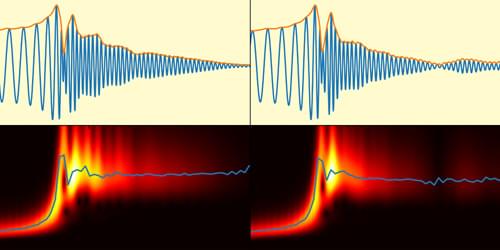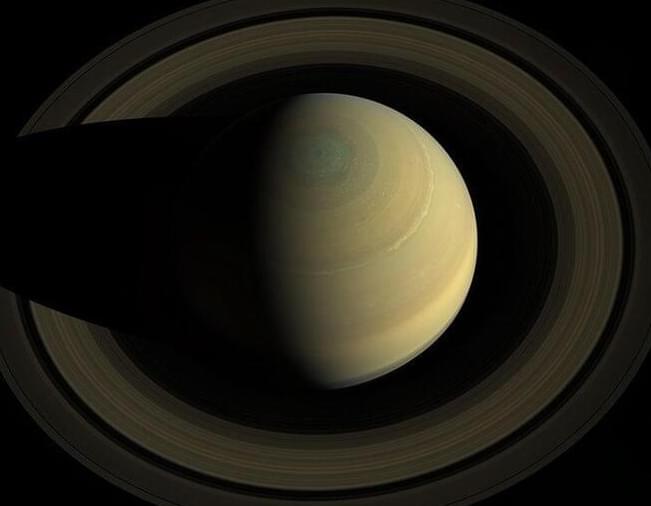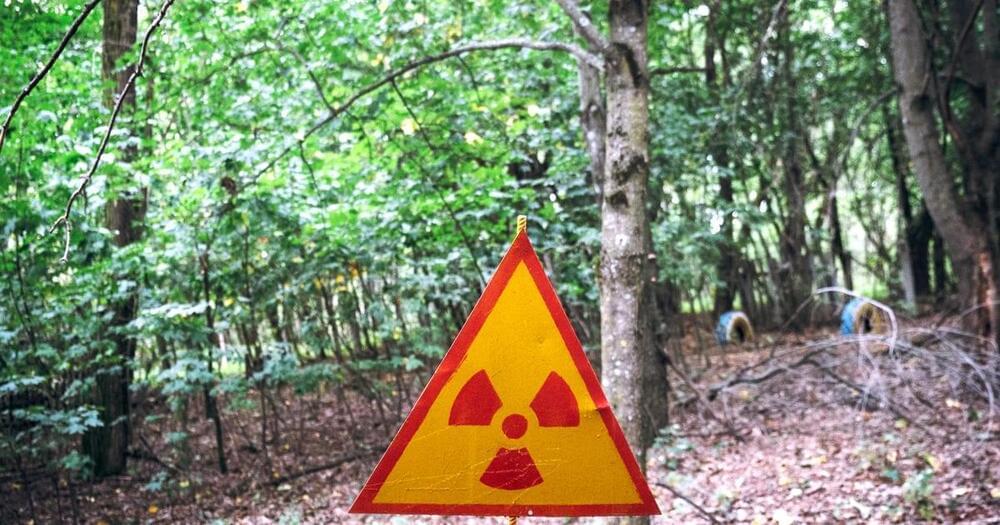Are we alone in the universe? What could a future for humans in space look like? And what would Creon’s advise to Elon Musk be if he wants to make a self-sufficient mass colony there? This Hope Drop features Creon Levit, chief technologist and director of R&D at Planet Labs.
Creon Levit is chief technologist at Planet Labs, where he works to move the world toward existential hope via novel satellite technologies. He also hosts Foresight Institute’s Space Group.
Creon speaks on:
- His experiences working with NASA & Planet Labs.
- Natural systems technologies.
- Regenerative Agriculture.
- His vision for the future.
- And much more!
Creon is chief technologist and director of R&D at Planet Labs, and a Foresight Institute senior fellow. He previously worked at NASA Ames Research Center in Silicon Valley, where he was one of the founders of the NAS (NASA Advanced Supercomputing) division, co-PI on the Virtual Wind Tunnel project, co-founder of the NASA Molecular Nanotechnology Group (the first federally funded research lab devoted to molecular nanotechnology), co-PI on the hyperwall project, investigator on the Columbia accident investigation board, member of the NASA engineering and safety center, investigator on the millimeter-wave thermal rocket project, the Stardust re-entry observation campaign, PI on the LightForce project, special assistant to the center director, and chief scientist for the programs and projects directorate.
Submit your contribution to the storytelling bounty from Creon’s prompt to “Imagine a shift in human nature where we could all have love, community, technology, and adventure, as well as lack of severe hardship or fear.” here: https://680d4kcs6ki.typeform.com/to/jHROTs6z.






